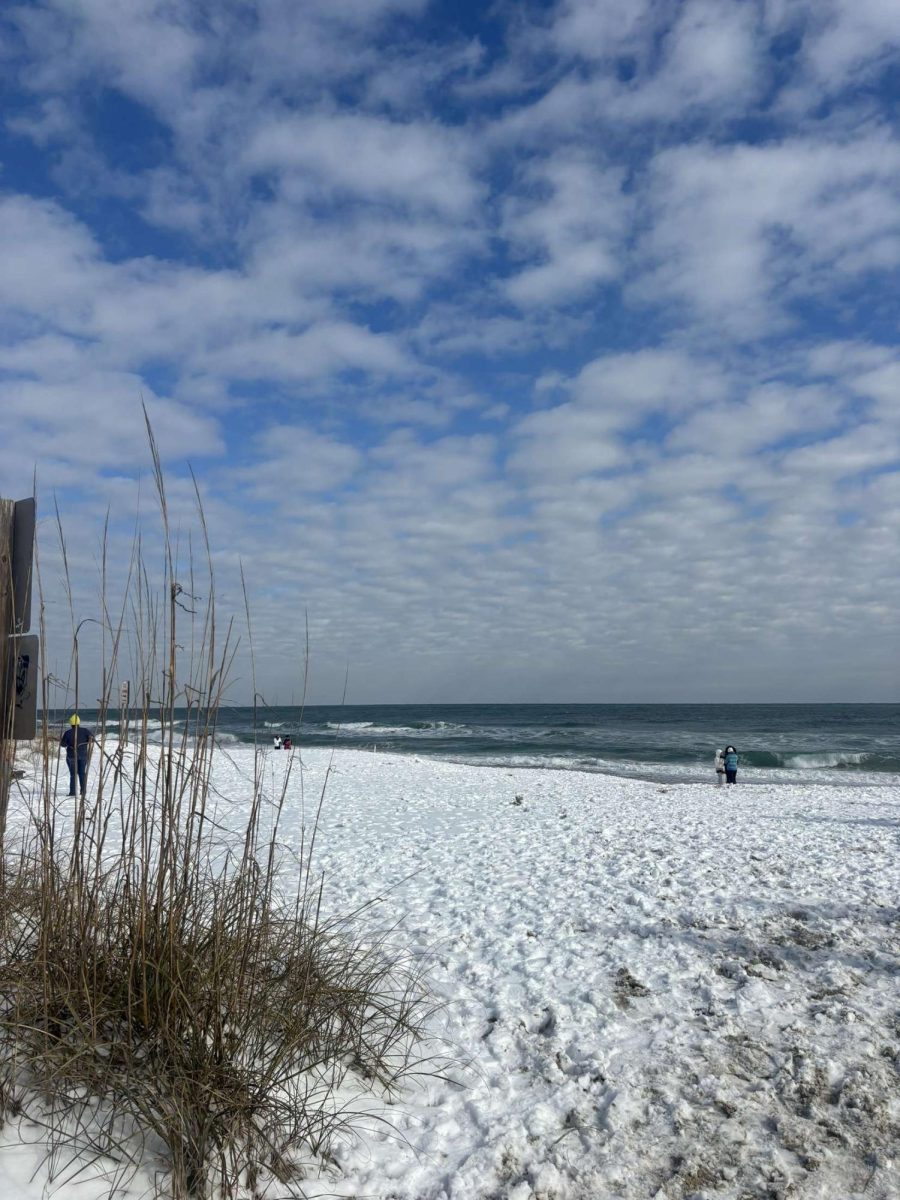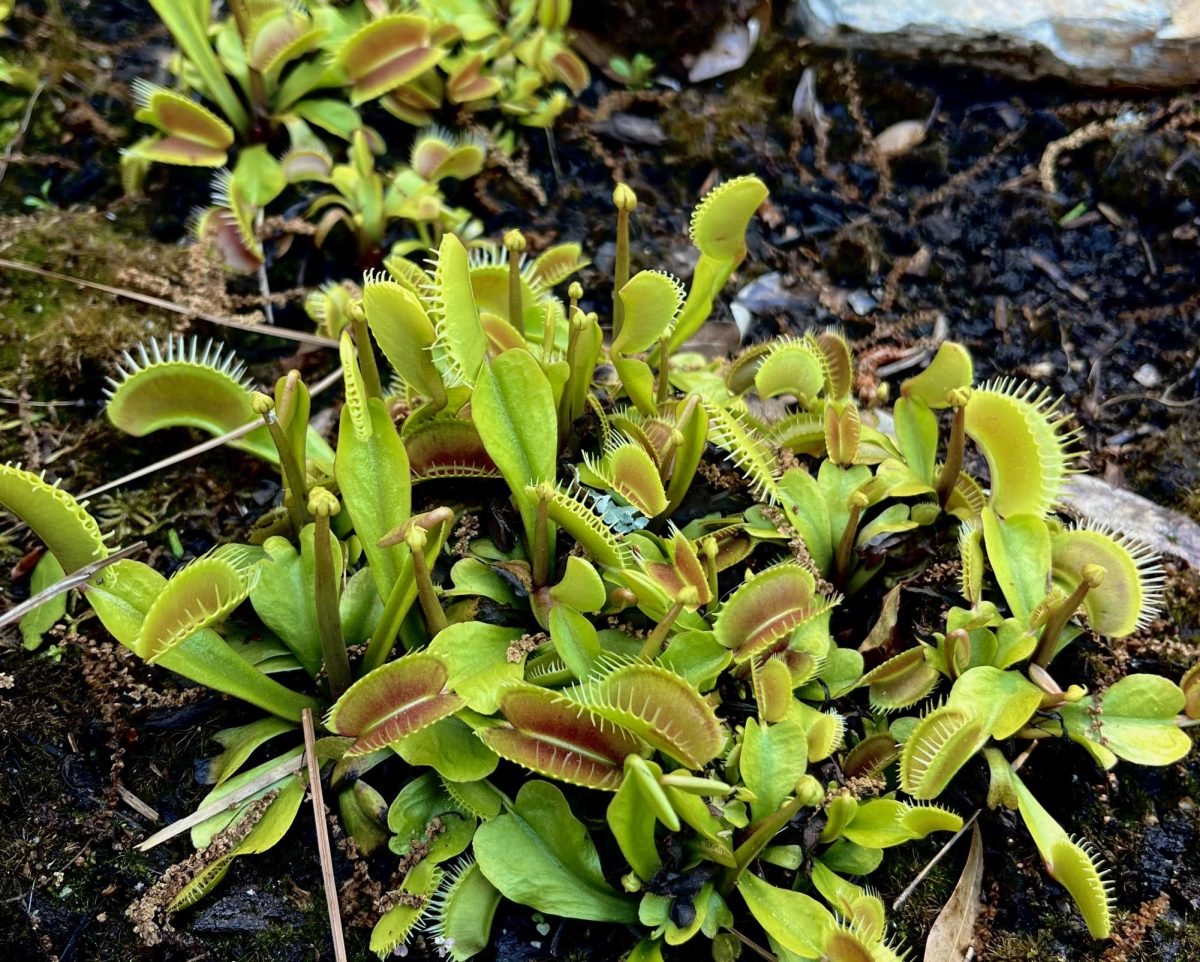
Thirteen years ago, N.C. locals experienced a significant swarm of cicadas. This spring, they are once again witnessing a similar phenomenon, and it appears that this year’s emergence may be even more impressive than the last. The emergence of periodical Brood XIX, also known as the Great Southern Brood, will coincide with periodical Brood XIII, the Northern Illinois Brood, marking the first time since 1803 that these cicada populations will co-emerge.
Cicadas predominantly live underground for the majority of their lifecycle. They surface primarily for the purpose of mating, during which nymphs—cicadas in their immature stage—hatch, fall to the ground and subsequently the cycle renews itself.
Cicadas can be categorized into annual and periodical species, which are organized into broods that surface at different intervals. According to an NC State Extension article authored by Jim Walgenbach, an extension entomology specialist, and Stephen Schoof, an agricultural research specialist, annual cicadas emerge every year, typically from July to August. Periodical cicadas emerge every 13 to 17 years, varying based on the brood, and typically appear earlier in the year, usually in late April or May.
Cicadas typically cause minimal damage to trees while offering a significant surge in food for native predators, such as birds, bats, amphibians and other wildlife. According to an entry in the Encyclopedia of Entomology, certain bird species may even alter their foraging behavior to benefit from this abundant food source.

Another evolutionary trait cicadas have is a mouth piece called a proboscis, a trait they share with butterflies. Stacy Endriss, a professor in the science department at UNCW, says cicadas suck fluids from tender plant material, which does not normally cause any harm.
The only cicadas Wilmington locals might see this spring is the Brood XIX. Even then, Brood XIX appears to be emerging in the foothills and not the coast. “For us, we will not be too affected in this part of the state,” said Matt Collogan, an environmental education manager at the New Hanover County Arboretum.
Collogan went on to say that cicadas provide an excellent source of nitrogen for plants when they die or leave exoskeletons behind and can help aerate the soil as they leave holes behind when they emerge.
“You do not need to kill them, and we encourage people to just let them be,” Collogan said. “You might see where they lay their eggs in branches. The ends of the branches will flag where the eggs have been laid but that’s just natural. It won’t really affect the tree.”
Hannah Seibert, the Environmental Education Program Coordinator at Airlie Gardens had similar advice to give.
“As far as feeding on trees, they’re not going to harm established, large trees. It could be a concern for younger trees” Seibert said. “[Young trees] can be protected by covering them with material like cheesecloth or a light, breathable fabric that can just protect them from the insects landing on them.”
For more information on General Periodical Cicada Data, click here.



















